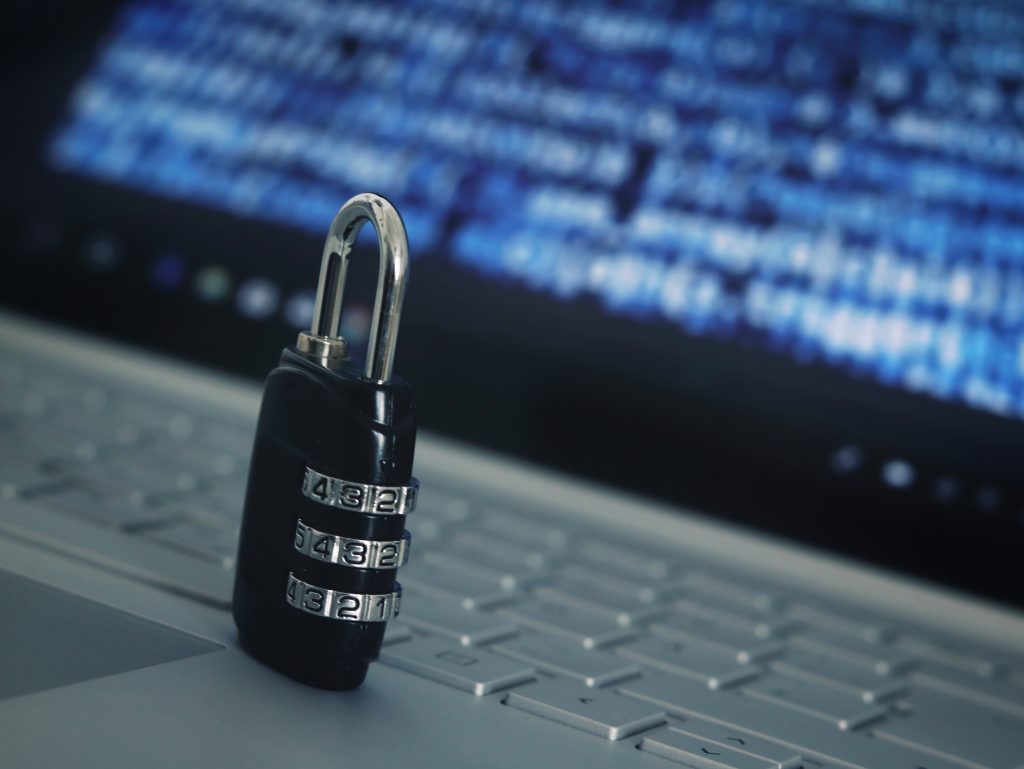The pandemic has meant that almost every industry has turned its sights to working remotely. No longer are employees having to venture into the office, cram around busy board rooms and all work in the same place.
While many are enjoying this renewed freedom and the joys of no longer having to commute, it also means that it is more important than ever to focus on computer security.
Without the increased protection of being in the office with an internal IT team and the company’s security systems, you are leaving your systems potentially at risk of hacking or other security issues. In a survey conducted by Deloitte, half of the respondents were working from home as a result of the COVID-19 pandemic, meaning that the amount of people working away from the office has increased substantially.
This means that you need to keep your business data safe from hackers who are benefitting from the transition to work from home. There are many ways that you can increase the security of your and your employee’s devices when they are working remotely. This includes:
1. Hire an MSP
A Managed Service Provider (MSP) remotely manages your IT infrastructure. They can handle everything from cloud solutions and integrations to advanced cybersecurity and storage.
They are knowledgeable in the field and know all of the best ways to improve and protect your business from cyber hackers. An MSP is the single best way to ensure that your systems are professionally secured and monitored and as protected as they can be.
2. Install MFA
Multi-factor authentication is when users have to provide at least two pieces of evidence to prove they are who they say they are.
For example, when they enter a password for their emails, they might then be required to enter a code that is sent to their phone or answer a security question. This makes it harder for hackers to access their information and details.
3. Use Cloud Solutions
By using cloud solutions it means that they have an extra layer of security and protection. It also means that in the case their computer or laptop was hacked, that all of their data and information would be backed up and able to be accessed anywhere.
This prevents downtime and is also more secure from hackers as they would need to both access the laptop through any firewalls and security, then login to the cloud server too.
4. Use a password manager
A password manager is a great way to ensure your passwords are strong and secure. It is a computer program that enables users to generate complex passwords and stores them for local services and applications in encrypted databases.
5. Train your employees in web safety
It is important to train your employees in web safety so they know the best practices to keep their systems secure.
Ensure they know things such as to not open emails with suspicious links, not connect to unsecured WiFi networks and always lock their computer when they are not using it.
Remote working is great, but your sensitive data mustn’t be put at risk. By following the above points and getting an MSP to handle your data, you will be protected from any potential hackers or threats.
